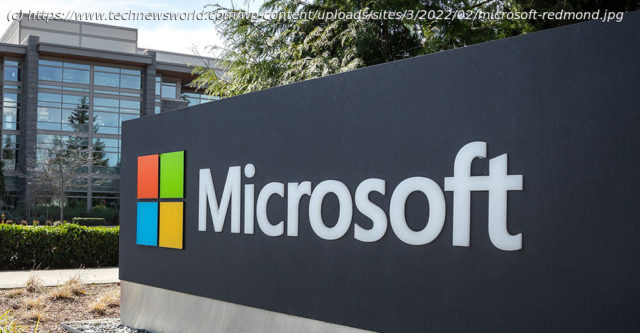Having Google I/O immediately followed by Microsoft Build, with both conferences focused on AI, provided an interesting contrast between the two companies’ approaches to AI. Microsoft is all about PCs for AI integration, while Google is all about smartphones.
Having Google I/O immediately followed by Microsoft Build, with both conferences focused on AI, provided an interesting contrast between the two companies’ approaches to AI. Microsoft is all about PCs for AI integration, while Google is all about smartphones.
As I sat in the Microsoft audience waiting for the keynote, there were no PCs in sight, but when the keynote started, most of us got out our PCs because smartphones are not useful for writing. We don’t need one or the other. We need both.
Interestingly, the two tech companies backing up the Microsoft announcement were not Intel or AMD but Qualcomm on the PC and Nvidia in the cloud. This once again showcased that if those two companies could put aside their animosity and cooperate more closely with each other, they likely could secure their AI futures. They are both exposed as AMD and Intel ramp up to compete and as companies like Microsoft, Google, Facebook, OpenAI, and Amazon ramp up their own internal hardware efforts.
Let’s talk about AI this week, and we’ll close with what I think is the best of the notebook computers coming to market that uses the new Qualcomm Snapdragon X Elite.PC or Smartphone?
If you watched Google I/O, you saw a compelling demonstration of how your smartphone could be the most convenient way to interact with AI. Your smartphone is always with you, its camera is easy to use, and it can more effectively learn about your personal life to create AIs that better match your unique needs.
Microsoft highlighted its AI in the PC, which learns from your work habits, digital communications, gaming activities, professional interests, skills, and capabilities. The PC remains your work interface, and the AI learns how you deal with long-form communication to improve its understanding of your processes, skills, and capabilities.
Google’s approach should improve your personal life, while Microsoft’s should enhance your professional life. However, you are not solely one or the other; you are both. Therefore, for the AI to truly know you and be most effective at working and playing with you, it needs to engage with you professionally and personally.
You will want an AI that is consistent across both platforms. So, both Google and Microsoft are exposed to a future competitor that can bridge both platforms or produce a new device that can be effective personally, like a smartphone, and professionally, like a PC.
In a weird way, right now, as I mentioned above about Qualcomm and Nvidia, the most beneficial approach for users is for Google and Microsoft to collaborate rather than compete, as their efforts complement each other.Quality Over Performance
One of the things that concerns me more about Microsoft’s approach compared to Google’s is the lack of a focus on quality. If you have quality issues (and everyone has quality issues) and you increase speed without addressing those quality issues, you will make more mistakes.






